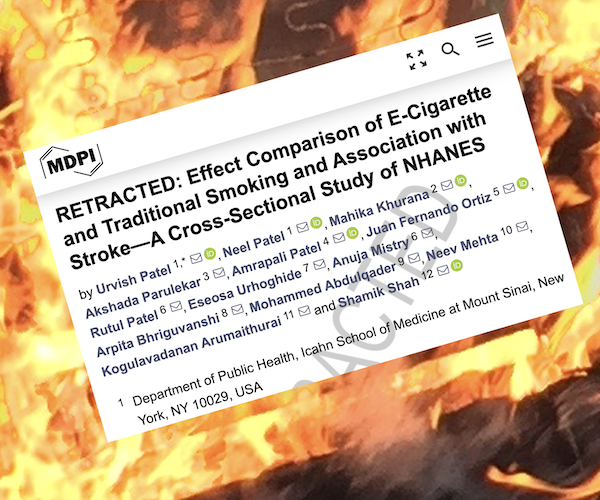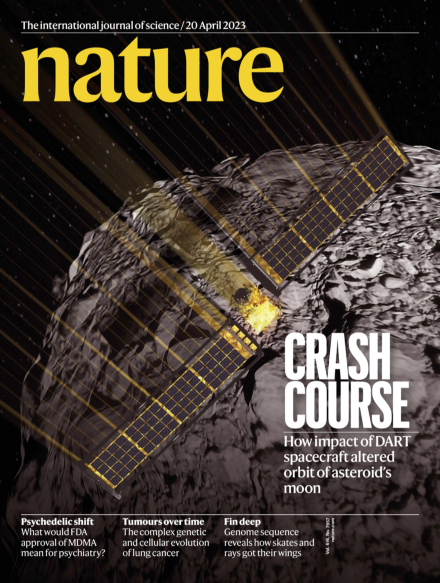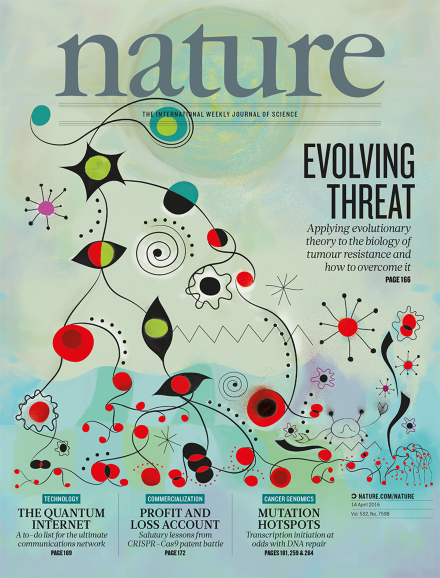MDPI has retracted a study about vaping that one expert said seemed “like a joke” almost two years after the publisher received a complaint about the flawed work.
The paper, published in Neurology International in 2022, reported e-cigarette users had a higher risk of early stroke than traditional tobacco users. It has been cited 22 times, according to Clarivate’s Web of Science, and was covered in the media, featured in a public campaign against vaping and included in a contestedmeta-analysis.
But the study contained critical errors, as we reported in 2024 in a story for Science that investigated paper mill-like businesses dangling quick-and-dirty publications for international medical graduates looking for residency positions in the United States.
Continue reading Up in smoke: Publisher pulls vaping paper nearly two years after complaint








